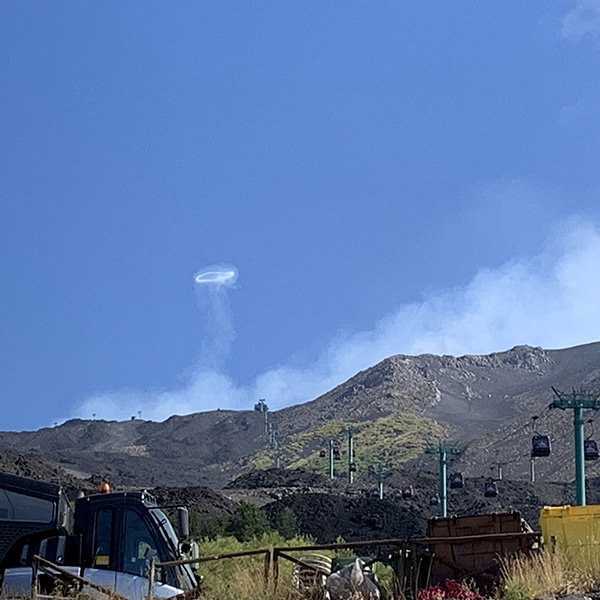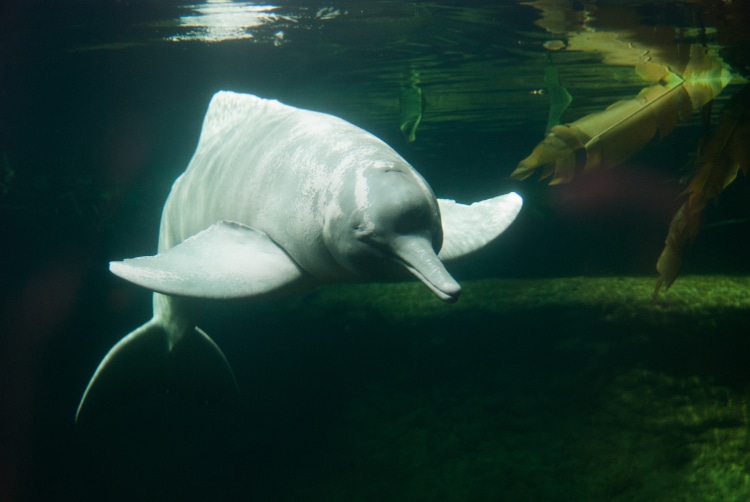
Photo: Havranka/Depositphotos
More than 100 dolphins were found dead in the Amazon River over the last week amid a severe drought and record-high water temperatures. The conditions in which the animals were found have ignited fears that the rising global temperatures may be passing the tolerance threshold for vulnerable species.
The animal carcasses appeared at Lake Tefé, tributary of the Amazon River, alongside thousands of dead fish. Experts believe that the low river levels, added to the unbearable water temperatures, contributed to the dolphins' demise. “It’s still early to determine the cause of this extreme event but according to our experts, it is certainly connected to the drought period and high temperatures in Lake Tefé, in which some points are exceeding 39 degrees Celsius (102 degrees Fahrenheit),” scientist from Mamirauá Institute, a research facility funded by the Brazilian Ministry of Science, told CNN Brasil. That is 10 degrees higher than the average for this time of the year.
However, experts have to rule out a bacterial infection or sewage contamination before rescuing the surviving dolphins and moving them to cooler waters. “Transferring river dolphins to other rivers is not that safe because it’s important to verify if toxins or viruses are present [before releasing the animals into the wild],” said André Coelho, a researcher at Mamiraua Institute.
The Amazon River dolphin is, as its name suggests, native to South America. It is also known by the locals as boto, and can be pink or gray. Scientists that descended on the lake to recover the corpses noted that roughly eight of every 10 carcasses are pink dolphins, which could represent 10% of their estimated population in Lake Tefé. “Ten percent is a very high percentage of loss, and the possibility that it will increase could threaten the survival of the species in Lake Tefé,” researcher Miriam Marmontel told Reuters.
“The past month in Tefé has seemed like a science-fiction climate-change scenario,” Daniel Tregidgo, a British researcher living in the area, told The Guardian. “To know that one has died is sad, but to see piles of carcasses, knowing that this drought has killed over 100, is a tragedy.” The International Union for the Conservation of Nature classifies botos as endangered, and there are only six existing freshwater dolphin species left in the world.
The effects of the drought are also felt by the populations living on the margins of the river. The level of the Amazon River has fallen by 30 centimeters (about 11.8 inches) each day over the past two weeks. Since most food and fuel supplies are transported by boat, there are concerns that this could drive up prices and cause food insecurity. The drought has also impacted fishing, an activity that provides food and income for many families in the region.
The Amazon has historically been known for its biodiversity, as it is home to 10% of all the wildlife species we know about. Sadly, it now seems to be front row to the effects of global warming, affecting both endangered species and vulnerable communities. Now, the community is bracing for more droughts over the next couple of weeks, which could result in more animal casualties and further hardships for the region.
More than 100 dolphins were found dead in the Amazon River over the last week amid a severe drought and record-high water temperatures.
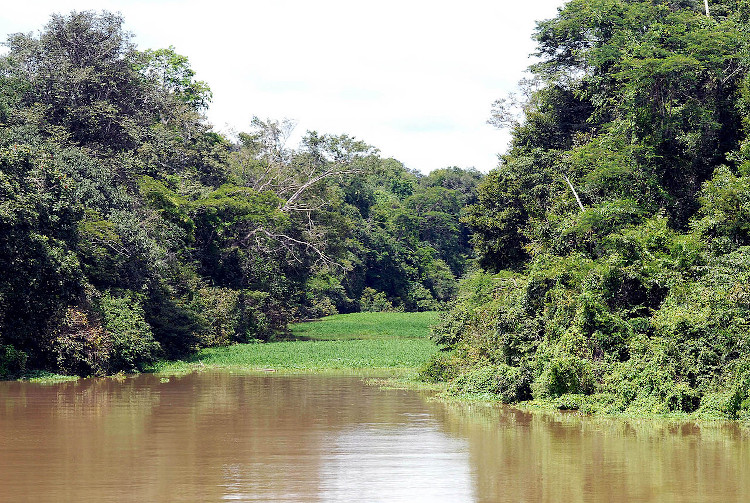
Photo: Wilson Dias/ABr via Wikimedia Commons (CC BY 3.0 BR DEED)
The conditions in which the animals were found have ignited fears that the rising global temperatures may be passing the tolerance threshold for vulnerable species.
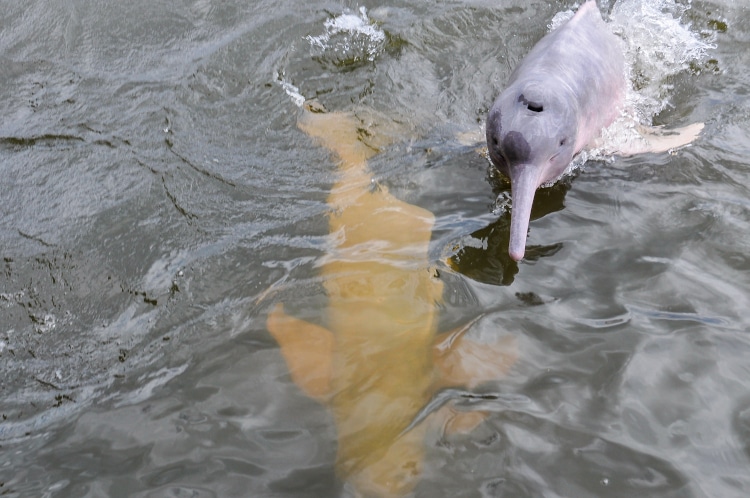
Photo: kovgabor79/Depositphotos
“It’s still early to determine the cause of this extreme event but according to our experts, it is certainly connected to the drought period and high temperatures in Lake Tefé,” says Mamirauá Institute.
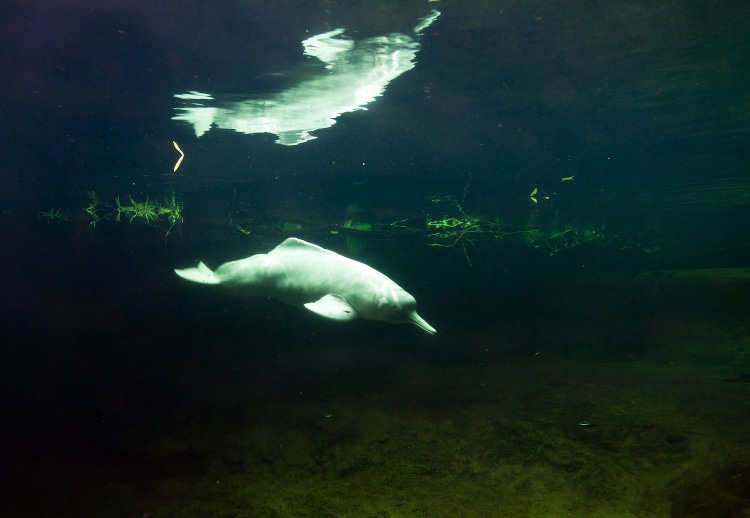
Photo: dennisvdwater/Depositphotos
h/t: [CNN]
Related Articles:
Ocean Cleaning Crew Rescues and Frees a Dolphin Entangled in Ghost Nets
Scientists Find That Dolphins Use Baby Talk With Their Calves
Dolphins Bring Gifts to Humans After Missing Them During the Early Pandemic
Dolphins Alert Rescue Crew To Save a Lost Swimmer Who Was Stranded at Sea for 12 Hours












































































